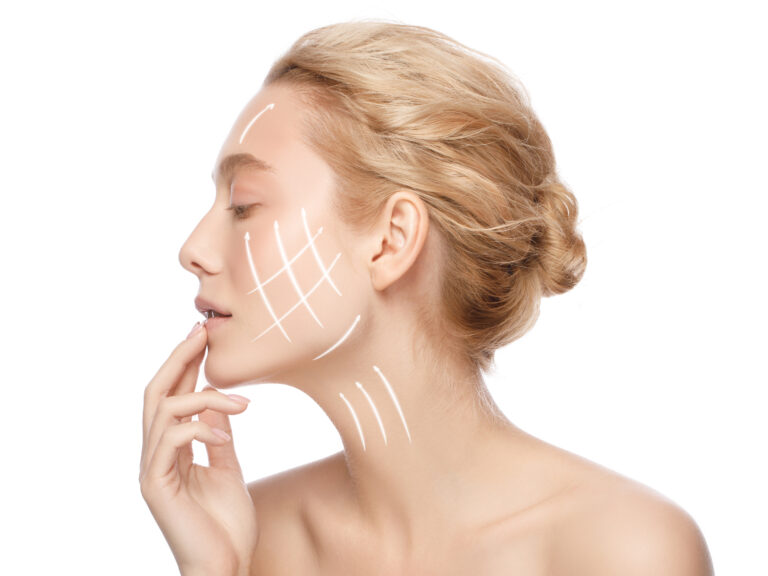There has always been a generation gap between the parents of teens and teens themselves, and that has always made it difficult for parents to understand the many stresses and traumas of youth. Though we all experience it ourselves, the troubles of the teenage years are bound to change from generation to generation. That’s particularly true right now, as the internet and ubiquitous connected devices have presented today’s teens with challenges their parents can only imagine. This can have a profound effect on a teenager’s mental health.
The Teen Mental Health Crisis
Today’s teenagers are facing a mental health crisis. Rates of teen depression and teen anxiety disorders are much higher than they were in generations past. About 3.2 million American children ages 12 to 17 have suffered through at least one major depressive episode in the past year. Depression among the youth often goes undiagnosed, and the results can be deadly. Depression is the leading cause of morbidity among adolescents.
These are chilling statistics. They’re also a powerful reminder to parents and teens alike: We ignore mental health at our peril. To care for their mental health, today’s teens should combine professional mental healthcare with a healthier approach to connected devices, social media, and other aspects of our age of information overload.
Your Teen’s Relationship With Tech
Having an internet-connected device is common among modern teens. In fact, nearly nine out of every 10 teens own smartphones. It’s not hard to see why that might be: Smartphones and tablets are all but essential for educational and social tasks alike in our modern world. But is carrying a phone around healthy? Experts caution against excessive screen time, and educators sometimes lament the distracting presence of smart devices in the classroom.
If used properly, though, mobile devices can be valuable things for developing teens. Teens should take responsibility for their valuable devices, suggest tech repair experts; they should learn that it is more sensible to repair an iPhone screen than to buy a brand-new iPhone, and that it is more sensible still to protect their valuable devices with sturdy cases. Safety and security concerns exist within apps, too, of course. Teens should learn how to protect their privacy.
Your Teen and Social Media
It isn’t just hackers and other bad actors who can be a threat to teen privacy, though. Sometimes, it’s what teens share voluntarily that hurts them most. Teens should learn how to manage their privacy settings on social media and should be wary of social media’s ability to harm mental health. Limits on sharing—and on the use of social media in general—are a good idea.
The Bigger picture
Technology has a role to play in teenage mental health, but it’s not the same story. In some ways, the problems facing teens haven’t changed all that much over the years. Things still come down to stressful social situations, health and lifestyle issues, and—above all—mental health.
As we’ve learned more about mental health and become better at identifying and treating teen mental health disorders, explain experts who run teen treatment centers, we’ve risen to face the challenge of the teen mental health epidemic. Each family needs to do its part. That means keeping lines of communication open, looking for warning signs of mental health issues, and turning to mental health providers for professional diagnosis and care whenever necessary and whenever possible. Working with mental health care providers is also a good way to assess and address the role of technology in a teen’s life and overall mental health picture. With the help of a qualified and trusted mental health provider, a teen and their family will have more options in a confusing and connected world.





